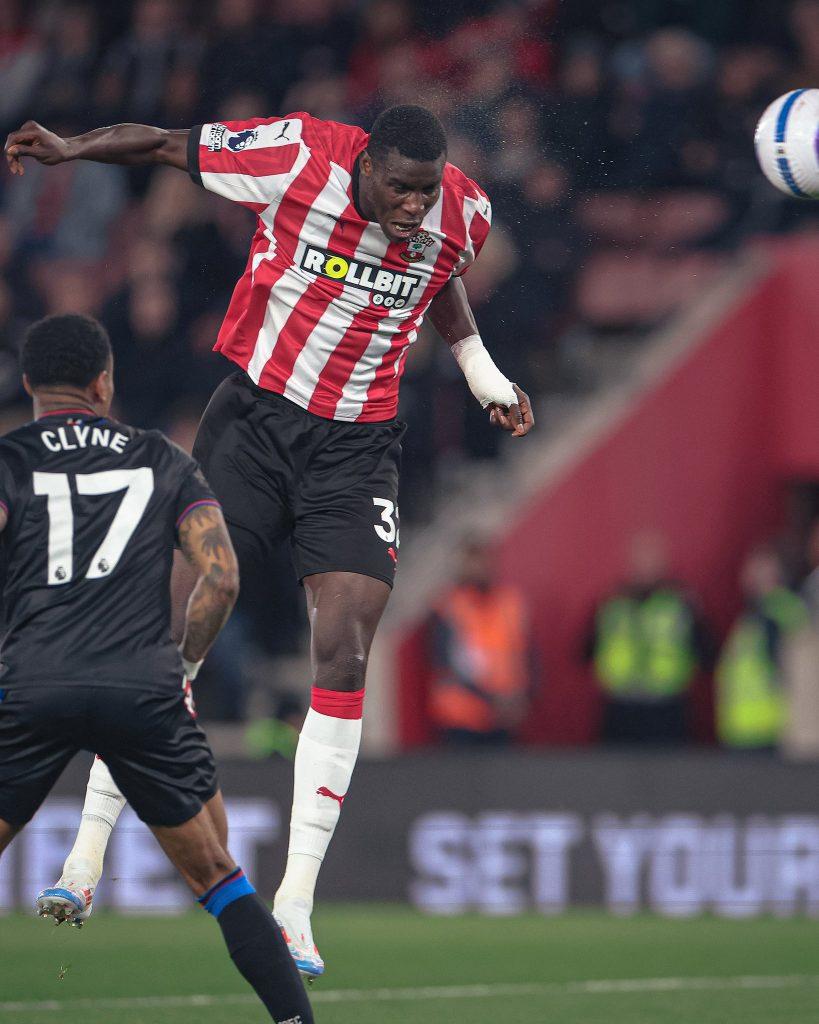
Librarians have a bone to pick with President Donald Trump . On Monday, the Institute of Museum and Library Services placed its entire staff on administrative leave at the Trump administration’s behest ― a move that comes two weeks after the president proposed eliminating the IMLS as part of his ongoing efforts to slash the federal government’s workforce and funding. That matters to local librarians because the majority of libraries’ funding comes from the IMLS.
Of the agency’s $290 million budget, about $160 million goes directly to the nation’s libraries, where it’s used to develop literacy programs, workforce training and civic engagement initiatives. Museums and archives get a cut of IMLS funding, too. As The New York Times reports ,the IMLS ― which employs roughly 70 people ― also provides competitive grants directly to libraries of various type: Recently, that’s included things like $250,000 to the Seattle Public Library to support teen mental health and $150,000 to the University of South Florida to develop library resources for autistic patrons.

The American Library Association called the proposed budget cuts “short-sighted” and an “assault” by the Trump administration that would be deeply felt throughout local communities. “By eliminating the only federal agency dedicated to funding library services, the Trump administration’s executive order is cutting off at the knees the most beloved and trusted of American institutions and the staff and services they offer,” it said. Shortly after issuing the executive order, Trump appointed Keith E.
Sonderling as acting director of IMLS. Sonderling said that, under his leadership, the agency will be in “lockstep with this Administration” to “promote American exceptionalism” and “restore focus on patriotism.” Nancy Schram, a public librarian in Ventura, California, is among the librarians deeply troubled by the attack on IMLS and what she sees as the administration’s ongoing efforts to censor literature.
“Make no mistake about it, the elimination of funding for libraries is a political assault on First Amendment rights, access to information, and the freedom to read,” Schram told HuffPost. The attack on public libraries is another example of how Trump has never had to rely on government services and “finds no value in them,” Schram said. “It is a stark reminder of how easy it is for someone who has apparently never utilized the services that libraries provide, to deprive those who desperately need those services from accessing them,” she said.
Amanda Jones, a school librarian in Livingston Parish, Louisiana, is “livid” about the efforts to dismantle the IMLS as well as the Department of Education . Jones works in the school system in Louisiana, and reduced funding from IMLS could have a devastating impact for public libraries across her state, as is true for many states. In 2024 alone, IMLS provided $2,726,161 to public libraries in Louisiana to help them expand access to information, improve library services and foster community engagement.
“Without this funding, patrons and students in the most rural of areas, and those of lower socioeconomic status will be the ones who suffer the most,” she said. “It’s only going to further the divide between the haves and the have-nots.” Libraries provide so much more than books to communities.
Alana Phelan, a former librarian in New Jersey who’s a full-time author now, spoke to the essential services libraries provide to communities. “For people without cars, without printers, without computers, a library can be the closest and most inexpensive way to take care of so many needs, all this while maintaining patron confidentiality,” Phelan said. “Reference can help finding aid for almost any situation.
Online services help those who are homebound.” For students, libraries offer summer reading programs, early literacy development and grade-level reading programs. For job seekers and returning veterans, there’s employment assistance.
For those with visual impairments, collections of Braille and talking books are invaluable. “I think many people in this country don’t realize what happens at their local library beyond taking out books and story time,” Phelan said. “I have former co-workers who have created makerspaces and taught kids how to code.
It’s more than just books.” After years of right-wing pressure campaigns to ban books, there’s a predictability to the Trump White House targeting libraries, said Chelsea Heinbach, a teaching and learning librarian in Las Vegas and one of the creators of the resource site The Librarian Parlor . We tend to take them for granted, but there’s something quietly radical about even the idea of a library and the intellectual freedom these local institutions inspire, she said.
Public libraries are critical cornerstones of democracy, equipping people with critical thinking and information literacy skills while ensuring equitable access to information and education. “Providing these services with no upfront cost to all citizens regardless of their race, gender, citizenship status, or other demographic has become an inherently radical act, and it is for that reason that libraries are being targeted,” Heinbach said. Librarians we spoke to were also peeved that the Trump administration has tried to claim there’s never been a right-wing book ban push.
Over the past few years, local news channels have broadcast the heated rhetoric at community meetings where parents and school boards lobby to censor and control decisions on library materials. Since 2022, the American Library Association has seen an “unprecedented” number of book bans and challenges of books, including classics such as “To Kill a Mockingbird,” books about the Holocaust like “Maus,” picture books about diverse families , and more. In February, the Department of Defense circulated a memo to parents of students at DOD-operated schools that said it was examining library books “potentially related to gender ideology or discriminatory equity ideology topics.
” Even “Freckleface Strawberry” may not be immune. The actor Julianne Moore claimed that her 2007 children’s book ― about a girl who learns to stop hating her freckles ― had been targeted for the potential ban at schools serving U.S.
military families. Jones knows that these banning efforts are happening; she and her fellow librarians have been personally targeted and harassed as part of such campaigns. Jones even received death threats for speaking out against such censorship.
“As a school librarian who was already reeling from these book bans, it feels completely like gaslighting to have the U.S. Department of Education put out that social media post about the ending of the alleged ‘Biden Book Ban Hoax,’ ” she said.
“The public needs to wake up before our libraries are gone,” she added. Here’s what you can do to help your local library. The librarians we spoke with encouraged people to rally for their local libraries.
Patron numbers matter, so if you don’t already have a library card, consider getting one. Libraries are free ― you pay for them through your taxes, and there’s bound to be a service that’s useful to you, even beyond book checkouts. “Get a library card, tell your friend, your family to get library cards.
Visit the library,” said Mychal Threets , a librarian in Northern California and the current “resident librarian” for PBS. Once you have a card, you can also use digital services to borrow material. “You absolutely are helping the library by using things like Hoopla Digital, Libby, and Kanopy, the video streaming service,” Threets said.
Email and call your local leaders and state leaders and tell them how much your local library means to you. Attend school board and library board meetings and voice your opposition to cuts and book bans there, Jones said. On social media, follow the work of PEN America , Authors Against Book Bans , EveryLibrary , and the American Library Association for more ways to help within your own community.
“Don’t let local and national politicians use librarians and libraries as political pawns to further their own agendas ― agendas that go against the best interests of their constituents, like you,” Jones said. Related..
..















